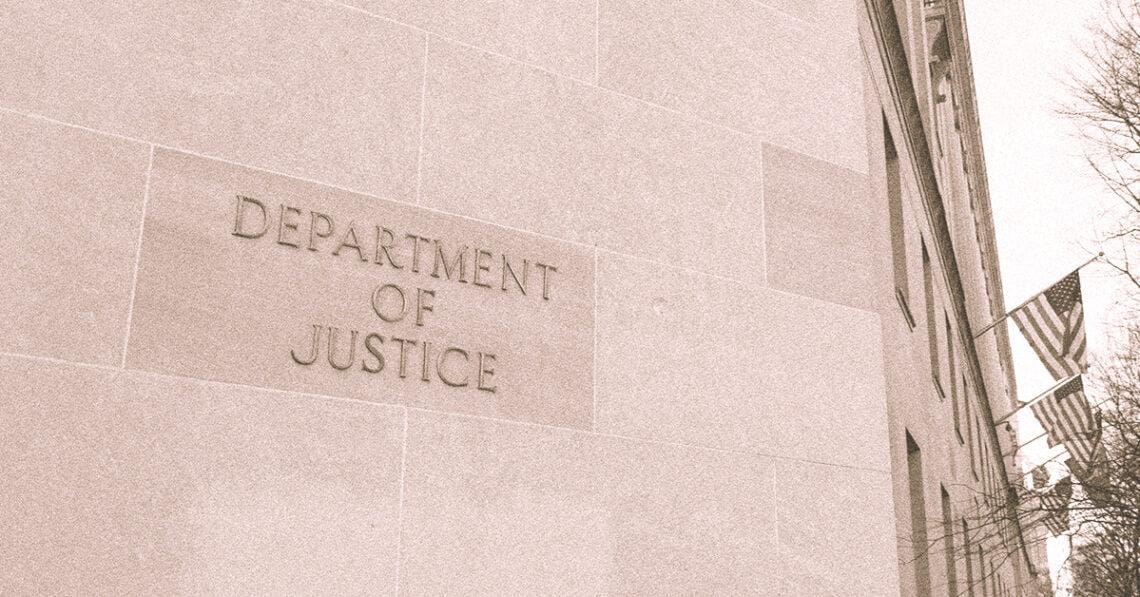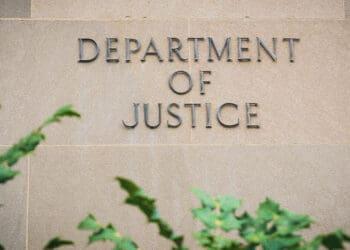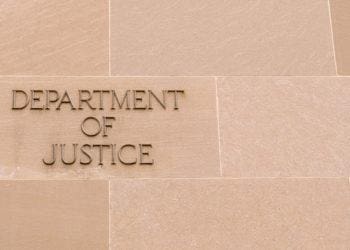Reports show the spirit of anti-corruption in Latin America may be waning. But Susana Sierra of BH Compliance explores why recently shifted American enforcement priorities should cause all U.S. companies with Latin American connections to take note.
The global recovery from the pandemic and its consequences has not been easy. The millions of deaths, the weakening of the economy and the crisis deriving from high unemployment and lack of opportunities have been followed by a series of events that further complicate the operating scenario for multinational corporations.
Among all the world’s developing regions, Latin America was the most affected by the pandemic, and as a result, so were global companies operating there. According to data from the United Nations, in 2020 the Latin American economy contracted by 7.7% and almost 3 million companies folded, increasing unemployment and unreported employment.
This is just a small sample of the global consequences of this crisis, which continues to wreak havoc in Latin America, a region often characterized by vulnerability, where violence, drug trafficking and organized crime continue to increase their influence in the social and business spheres. These threats have increased the risks to the principles of corporate governance and have put more pressure on resources related to corporate compliance programs in Latin America and beyond.
In fact, the World Justice Project 2022 Global Rule of Law Index revealed that the rule of law declined in 61% of the countries surveyed, which means that 4.4 billion people live in countries where the rule of law is weaker than last year.
Additionally, the 2023 Anti-Corruption Capacity Index explores the capacity of 15 Latin American countries to detect, prevent and sanction corruption. The index shows the general Latin American anti-corruption environment is losing momentum, as governments are facing other challenges, such as violent crime, slow economic recovery and concerns about democratic backsliding.
In this scenario of crisis, mistrust and political instability, corruption has found fertile ground, which worries not only the region but the entire world, because in the current state of globalization and economic interdependence, whatever happens in one part of the globe can have effects everywhere else.
US actions to curb corruption
Since his first year in office, President Joe Biden has been announcing ambitious measures to confront corruption in Latin America, which is seen — along with drug trafficking — as one of the main causes of the flow of migrants. In order to curb illegal immigration from the Northern Triangle (Honduras, Guatemala and El Salvador), the Biden Administration created the so-called Engel List, naming those linked to acts of corruption in said countries, who are prohibited, along with their families, from entering the U.S.
Similarly, the Biden Administration has ramped up DOJ and SEC enforcement of the FCPA, announcing 14 corporate enforcement actions in 2022, an increase from just six actions the previous year, the lowest total in modern FCPA enforcement history. In addition, in 2022 the financial importance of these cases increased, with three investigations resulting in more than $100 million in combined penalties and restitution.
And the DOJ has continued to supercharge efforts to address corporate crime, including an effort to strengthen companies’ compliance programs and offering incentives to self-report crime and fraud, as well as rewards for corporations with compliance-promoting compensation programs. These measures include an update to the agency’s corporate enforcement policy and “Evaluation of Corporate Compliance Programs,” introduction of a pilot program on compensation and clawbacks and publication of a revised memo on monitorships in Criminal Division matters.
Companies Ignore Cross-Cultural FCPA Competence at Their Own Peril
The two main areas of FCPA focus are well-known, prohibitions against bribery and SEC accounting reporting. But as business development expert Kenneth D. Johnson argues, local cultural awareness is just as important — or should be.
Read moreDetailsAll these measures are at the forefront in the prosecution of corporate crime, because they not only emphasize the idea that no company is above the law but also give companies great power — the responsibility to prevent and report corruption. This is key for those with operations in Latin America, where corruption continues to gain ground as the rule of law continues to weaken.
Although the new compliance measures under the Biden Administration are applicable only to U.S. companies, they should also be taken into consideration by Latin American companies and executives, since they could be investigated and sanctioned under the FCPA in the current scenario of globalization and international business.
For this reason, multinationals with operations in Latin America are called upon to strengthen their compliance programs and pay serious attention to the prevention of corruption and bad practices. A single rotten apple in an organization is enough to tarnish the reputation and good practices that they may have been carrying out for years.
Companies must understand that they have a social role beyond the creation of employment and their economic contribution. They must also concern themselves with being good corporate citizens and direct their actions toward the common good and the recovery of trust in institutions, which includes them. Preventing crime is one of the duties of the private sector and must be incorporated into their business strategies.




 Susana Sierra is the CEO of BH Compliance, an enterprise that measures the effectiveness of corporate governance policies and processes. She is a global leader in the field of compliance and corporate governance, recognized for her influential work in promoting transparency, ethics and good practices in the private sector.
Susana Sierra is the CEO of BH Compliance, an enterprise that measures the effectiveness of corporate governance policies and processes. She is a global leader in the field of compliance and corporate governance, recognized for her influential work in promoting transparency, ethics and good practices in the private sector. 








